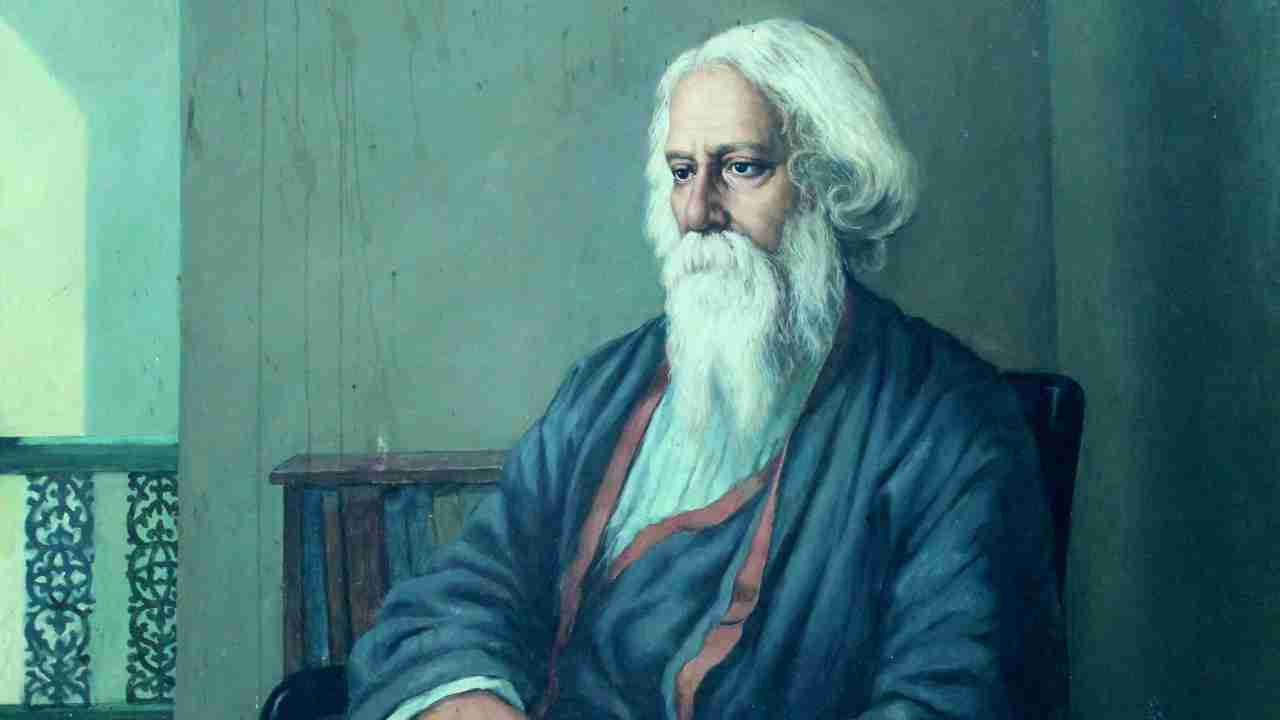Rabindranath Tagore Jayanti: Rabindra Jayanti is the birthday of the inventive literary genius Rabindranath Tagore. Rabindranath was a famous poet, music composer, novelist, playwright, painter, humanist, philosopher, scholar, and social reformer.
Rabindranath was born in 1861 on May 7th. Rabindra Jayanti is commemorated on the 25th of Baisakh, his birthday according to the Bengali calendar. Typically, the date occurs on the 8th or 9th of May.
Tagore’s writings ushered in a stylistic shift that was significantly influenced by the classical Sanskrit form. His writings had a conversational tone and expressed human emotions, which profoundly moved people. In 1913, Rabindranath received the Nobel Prize in Literature for his collection of poems titled Gitanjali.
Rabindra Jayanti Celebrations
On Rabindra Jayanti, special events are scheduled. Schools, colleges, local communities, and a number of private residences commemorate the event with his songs, poetry recitations, and performance. In many areas of Bengal, children begin their day by singing Tagore melodies as they traverse their neighbourhoods.
Rabindranath: Glimpses of his Life
Rabindranath, the youngest of his siblings, lost his mother at a very tender age. Due to his father’s frequent travels, he was primarily reared by his maids and servants.
Rabindranath Tagore began composing poetry at the age of eight, despite his father’s desire for him to become a lawyer. Therefore, he was sent to an English public school in Brighton. Later, he enrolled in the University College of London’s law programme. Rabindranath returned to India after leaving London without completing the course. Something near to his heart, he spent more time in London studying Shakespeare and circulating in literary circles.
Then, he was dispatched to Shelaidaha, now in Bangladesh, to administer the family’s vast estates. His benevolent disposition made him an instant favourite among the common estate residents. Consequently, many of their fees were waived. Rabindranath’s time in Shelaidaha was an exceptionally inventive period. In many of his later works, he incorporated references to the region’s inhabitants and natural splendour.
Rabindranath: Fascinating Facts
- His creations include the Indian and Bangladeshi (Amar Sonar Bangla) national anthems.
- Rabindra Nath was the first individual from outside of Europe to receive the Nobel Prize.
- Mohandas Karam Chand Gandhi, the patriarch of the nation, is universally referred to as Mahatma Gandhi. Tagore was the first to refer to Gandhiji as a Mahatma.
- As a protest against the Jallianwala Bagh massacres, he renounced the knighthood bestowed upon him by the British government in 1919.
- In 1921, he founded an open school in Shantiniketan, West Bengal, that offered holistic studies and personal guidance. The institution is now the prestigious Viswa Bharati University in India.
Tagore’s work teaches us humanity and social responsibility. However, translation difficulties restrict his works to a subset of the Indian population.
















